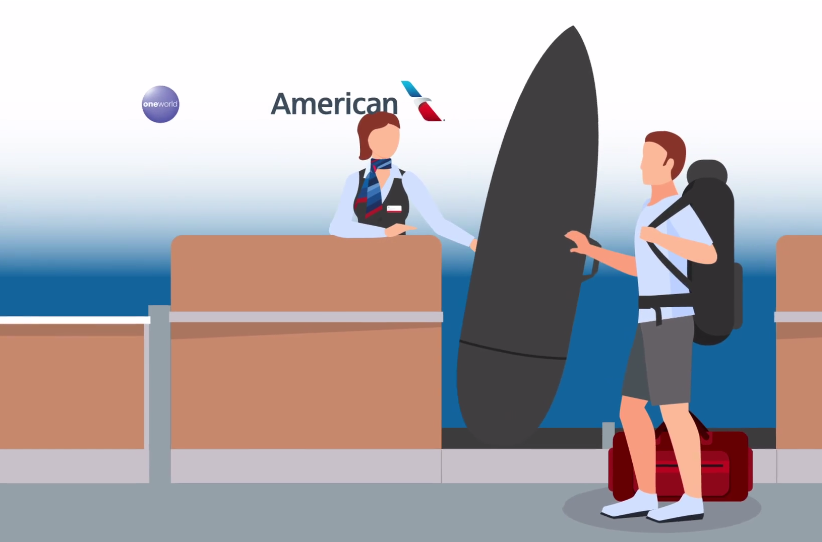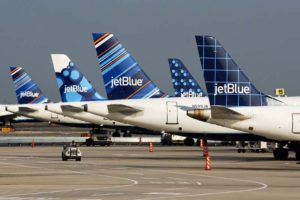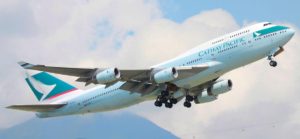FORT WORTH, Texas — As the busy summer travel period quickly approaches, American Airlines has announced changes to its policies regarding oversize sports and music equipment. American is eliminating oversize bag fees for common sports and music equipment, effective for travel on or after May 21. The updated policies, which will be music to the ears of musicians who fly on American, will also ensure that customers can more easily pursue active and healthy lifestyles wherever their travels may take them, without having to pay additional oversize bag fees.
Customers can check common oversize sports and music equipment as standard baggage, up to the maximum allowed dimensions and within the weight requirements. Refer to the full policy for additional information.
What you should know
• Based on feedback from our customers and American team members, American is eliminating the charge for common oversize sports and music equipment — up to the maximum size we accept for these items. The change is effective for travel on or after May 21.
• American will accept these oversize items as a standard checked bag without an additional oversize charge.
• The checked oversize bag counts toward a customer’s normal baggage allowance. For example, customers traveling within the United States, who used to pay $150 to check one oversize item such as a surfboard, will now pay $30 — the cost of a standard first bag — if the weight is less than 50 lbs. Customers traveling with skis or a snowboard will now be able to check in an equipment bag with the skis or snowboard as one bag (up to 50 lbs./62 in.).
• Due to special handling requirements, oversize items such as antlers, hang gliders, scuba tanks and kite/windsurfing items will continue to incur a flat $150 fee.
• Additional allowances/restrictions may apply based on destination, class of service, elite status, active U.S. military members or AAdvantage® cardmembers (on domestic American-operated itineraries). For more information, visit aa.com/checkedbags.
About American Airlines Group
American Airlines and American Eagle offer an average of nearly 6,700 flights per day to nearly 350 destinations in more than 50 countries. American has hubs in Charlotte, Chicago, Dallas/Fort Worth, Los Angeles, Miami, New York, Philadelphia, Phoenix and Washington, D.C. American is a founding member of the oneworld® alliance, whose members serve more than 1,000 destinations with about 14,250 daily flights to over 150 countries. Shares of American Airlines Group Inc. trade on Nasdaq under the ticker symbol AAL. In 2015, its stock joined the S&P 500 index.




